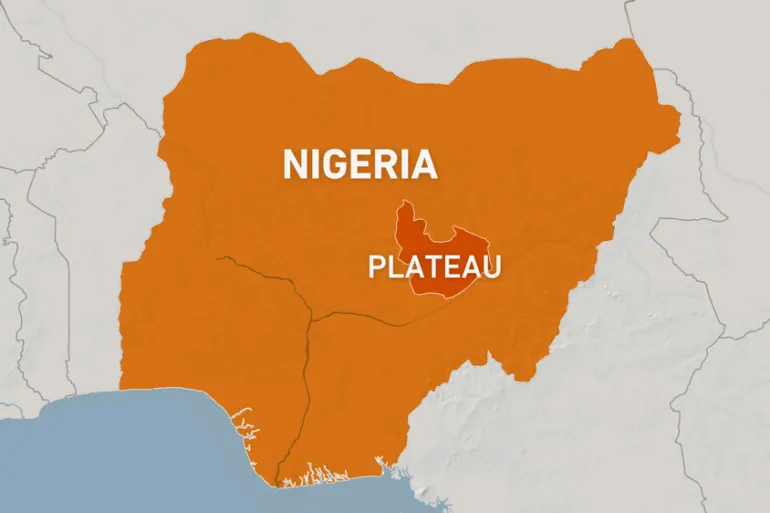The Chief of Defence Staff (CDS), General Christopher Musa, has sounded the alarm over Nigeria’s worsening exposure to global insecurity.
He revealed that “over 500 million illegal small arms and light weapons are circulating in West Africa, and 40% of them are in Nigeria.”
Musa made this known while delivering a lecture in Ibadan, Oyo State, at the University of Ibadan’s Trenchard Hall on Thursday.
The lecture, titled “Global Fragility and Security Management in Nigeria,” was organised by the TETFund Centre of Excellence in Security Management (TECESM).
Arms Fuel Terror and Banditry in the North
The CDS explained that these weapons mostly enter Nigeria through smuggling routes from conflict zones in the Sahel and North Africa.
“These weapons have empowered terrorists, bandits, and ethnic militias, escalating violence in Nigeria’s northern regions,” he said.
He warned that Nigeria’s security troubles are now tied to larger global instability — a sign that no country is truly safe in isolation anymore.
General Musa said, “Fragile states are no longer isolated issues. They pose a direct threat to regional and global peace, and Nigeria is not immune.”
He traced the flow of illegal arms and insecurity to Nigeria’s porous borders, unchecked migration routes, and limited government presence in rural areas.
‘Security Is No Longer Just About Guns’
Musa said insecurity in today’s world doesn’t only involve bombs and bullets.
“Nigeria’s vulnerabilities are not just internal; they’re being shaped by the global fragility matrix,” he said.
The CDS mentioned that digital platforms like Facebook and WhatsApp are now being “weaponised to spread ethnic hatred and undermine public trust.”
He described this new reality as hybrid warfare — where cyber threats, disinformation, poverty, and environmental stressors all converge.
To fight these rising threats, the CDS called for new strategies that combine military strength with community trust and development.
His suggestions include:
- A multi-agency approach to security, in line with the National Defence Policy.
- Tightened border control using fencing and surveillance.
- Deeper collaboration with neighbours and global allies to track arms and terrorists.
- Large-scale investment in youth empowerment, education, agriculture, and job creation.
- Strengthened civil institutions and peacebuilding dialogues across regions.
According to him, “Security today is about sustainable development, responsive governance, and empowered communities.”
‘Early Warnings Must Replace Firefighting’
Also speaking, former Chief of Army Staff Lt Gen Tukur Buratai (retd), represented by Lt Gen Lamidi Adeosun (retd), echoed the same urgency.
He said Nigeria must switch from reactive tactics to intelligence-led security frameworks.
“This requires governance reforms, capacity building, and community-based intelligence systems to strengthen early warning mechanisms,” he said.
The Vice-Chancellor of the University of Ibadan, Prof Kayode Adebowale, applauded the lecture.
He described it as “a powerful blend of scholarship and field experience.”
Prof Adebowale added that events like this help “develop evidence-based solutions to Nigeria’s most pressing challenges.”
Director of TECESM, Benjamin Aluko, said General Musa’s visit would influence how the centre shapes its research in future.
“Your insights will not only enrich our academic programmes but also provide real-world strategies,” he said.
Which state are you reading from? What is the security situation there? Do you think security officials are doing enough in your state? Drop your views in the comments.Rate, Like 👍, Comment💬, share this article, Follow us on our social media handles, and Submit your own story to get featured and earn rewards!






